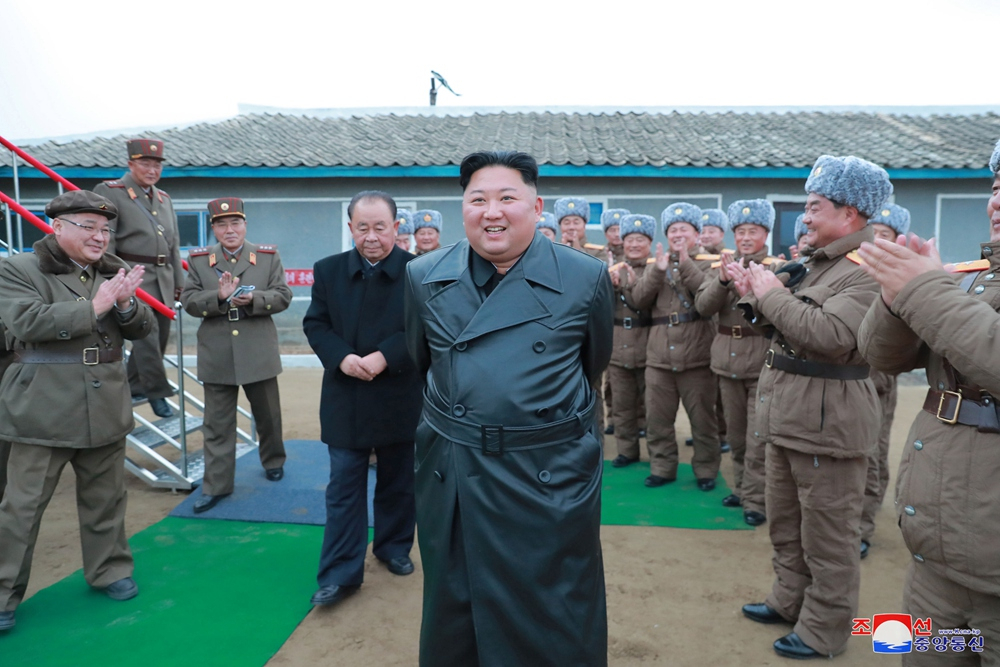The United States finds the situation in the Democratic People's Republic of Korea (DPRK) "dangerous and concerning," said U.S. White House national security adviser Robert O'Brien on Sunday, adding that the administration is now monitoring actions from the Korean Peninsula.
Washington wants to hold DPRK leader Kim Jong Un to his commitment to denuclearize the region, O'Brien said on ABC's "This Week."
The American official confirmed that there are open lines of communications between the two countries, while making clear that Washington will respond to Pyongyang's threatened actions appropriately.
Relations have soured between the two countries after Kim and U.S. President Donald Trump walked away from the negotiating table during their hyped second summit in the Vietnamese capital Hanoi in February.
Just days ago, the DPRK explicitly announced that the country is on its way to develop "another strategic weapon" to counter the threat from the other side of the planet.

DPRK leader Kim Jong Un oversees a super-large multiple launch rocket system test in this undated picture released by the KCNA on November 28, 2019. /Reuters Photo
DPRK leader Kim Jong Un oversees a super-large multiple launch rocket system test in this undated picture released by the KCNA on November 28, 2019. /Reuters Photo
"The priceless data, experience and new technologies gained in the recent tests of defense science research will be fully applied to the development of another strategic weapon of the DPRK for definitely and reliably restraining and overpowering the nuclear threat of the U.S.," Pak Jong Chon, chief of the General Staff of the Korean People's Army, said in a statement carried by Pyongyang's official Korean Central News Agency (KCNA).
His remarks came after the DPRK's "crucial" test at the Dongchang-ri site on Friday and its "very important" test at the same place a week ago.
The latest round of talks between Pyongyang and Washington took place in Sweden in early October. After negotiations broke down, the DPRK said it had "no desire" to continue nuclear talks unless the United States takes steps to end hostilities.
The DPRK fired a series of projectiles in the weeks following before the two tests this month.
Read more:
Tensions rise between U.S. and DPRK as year-end deadline looms
DPRK: U.S. 'hostile policy' should be discussed before nuclear issues